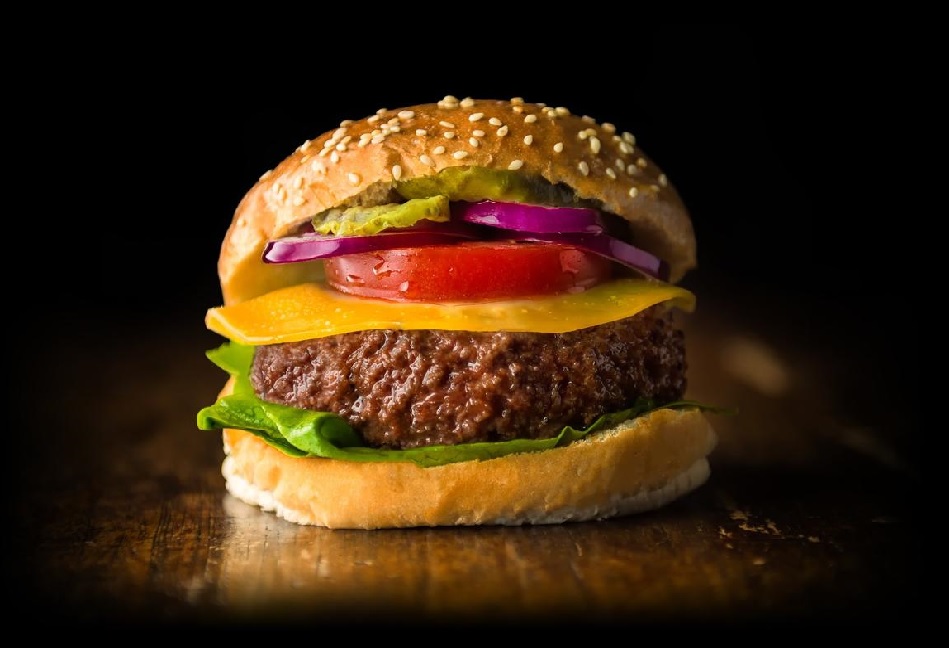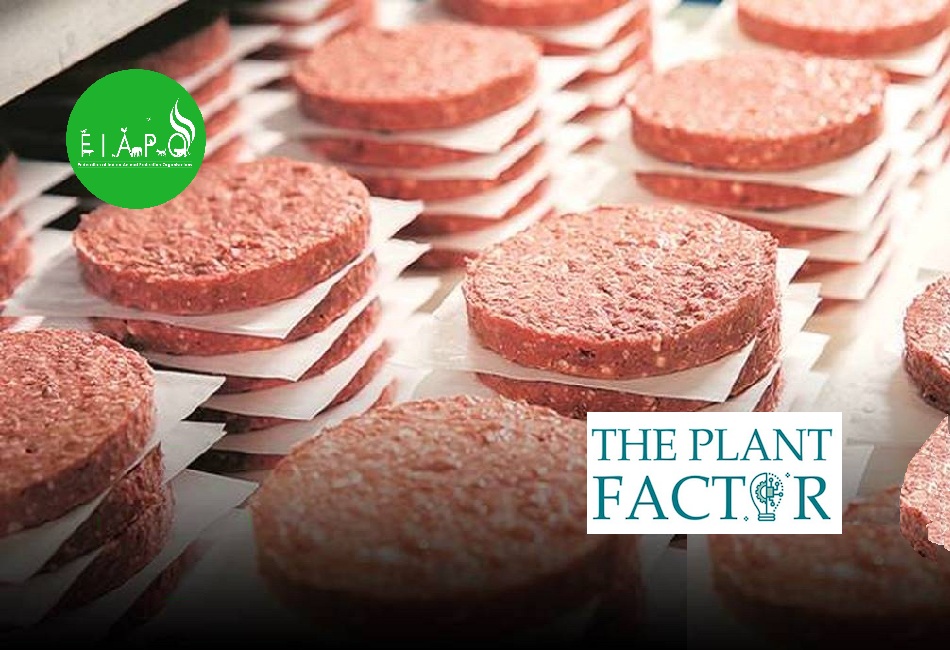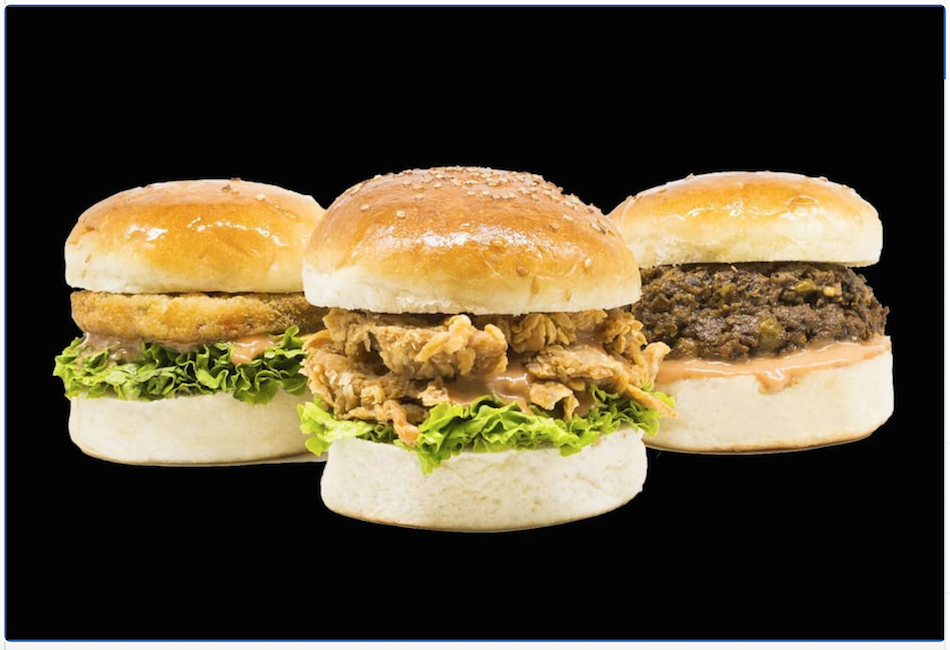Download Free Vegan Starter Kit -
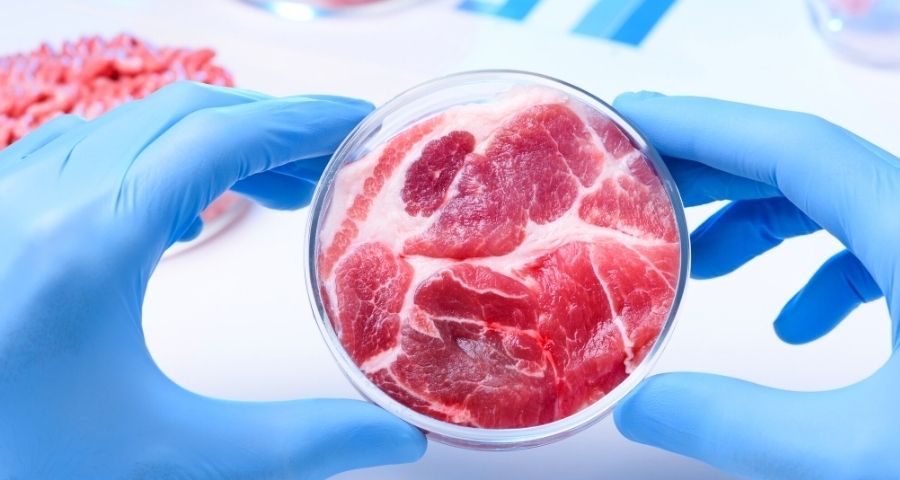
Should Governments Support the Upcoming Alternate Protein Sector To End World Hunger?
Have you ever wondered what you would eat if animal meat was banned? Maybe it’s time to think.
Did you know? About 50 billion chickens are slaughtered for food every year? 50 BILLION. Further, according to the World Economic Forum, if the number of people on the planet has doubled in the last 50 years, the amount of meat consumed has tripled!
In a world where more than 805 million people who suffer from chronic hunger, it’s hard to deny that on a plant-based diet one could feed many more people.
The numbers don’t end here. Global livestock contributes to about 18% of the global warming effect, which according to the Food and Agriculture Organization (FAO) is even more than the transportation sector.
If the amount of greenhouse gas increases at the same pace, the impact is almost catastrophic. Average annual temperatures are expected to increase, leading to wild-fires, risk of respiratory and cardiovascular problems, and food supply disruptions. You might be wondering “all these for just animal farming?”
Actually, no. There are other factors such as the burning of fossil fuel, for electricity which have a greater impact on the environment.
“Livestock and their byproducts account for at least 32,000 million tons of carbon dioxide (CO2) per year, or 51% of all worldwide greenhouse gas emissions.” [Source: Cowspiracy]
Although meat has been the main source of protein across the world, the potential to structurally shift the intensive livestock industry to a more sustainable industry, the alternative protein concept is being embraced by companies all over the world.
A lot has been spoken about alternative energy sources like solar, instead of depending on fossil fuel. Governments across regions have even established the need for alternative energy sources as a “fact”. With about 629 GW of solar power currently installed throughout the world, according to the IEA estimates, the alternatives of energy are increasingly being preferred. The installed solar power and the long-term clean energy (solar) targets of regions like the US and Europe validate the same.

What about livestock farming then? Is there an alternative solution to this? Should we stop livestock farming and increase our plant-based food consumption? Maybe tofu?
In reality, we have more options than tofu. Food Scientists and vegan enthusiasts have realized the importance and have started investing their time and money into bringing out the best alternatives for meat. Based on their research, soy, pea, wheat, mung beans are some of the most promising plant-based food ingredients that enable food structures that taste and feel like meat.
Take the example of “Beyond Meat”, the first plant-based meat alternative company to go public. The company reports that their “Beyond Burger production system generates 90% less greenhouse gas emissions, requires 46% less energy, has less impact on water scarcity and 93% less impact on land use than a ¼ pound of U.S. beef.” What is even more interesting is that each Beyond Burger includes a 20g of plant-based protein and has no GMOs, soy, or gluten.
“It dawned on me that if we want to solve climate, we have to solve livestock.”
— Ethan Brown, Founder of Beyond Meat
(Source: Time)

Image Courtesy: Time | ?Ethan Brown, Founder of Beyond Meat
Given the environmental benefits, whilst fulfilling the protein requirements, the plant-based food alternatives have been gaining increasing attention from governments across regions. The Government of Canada, for instance, in 2018 initiated “Protein Industries Supercluster”. The cluster was part of their broader “Innovation Superclusters Initiative”, as a commitment to growing the economy. The protein cluster is focused to place Canada at the forefront of commercializing new plant-based ingredient products for the food ingredient, livestock feed, and aquaculture markets.
In addition to building Canada’s reputation as a leading source for plant proteins, the government also committed a $100 million investment in the plant-based meat sector, according to the government press release. The hundred million grant was announced by the Canadian Prime Minister Justin Trudeau in June 2020 and was awarded to Merit Functional Foods, a company that is developing animal protein alternatives using home-grown canola plants and yellow peas.
Not just Canada, but even the German government invested in “plant-based meat” or “vegan meat”. Known to have banned meat from official government functions in 2017, the German government invested in a three-year research grant. According to Mercyforanimals.org, the $7800,000 grant was awarded to the researchers at TU Berlin and Karlsruhe Institute of Technology (KIT), Germany. The researchers were focused on the production methods for plant-based meat and envisioned to achieve the texture and mouthfeel even more “meat-like”.
“We want to set a good example for climate protection, because vegetarian food is more climate- friendly than meat and fish.”
- Barbara Hendricks, Germany’s Federal Minister for the Environment and member of the Social Democrats (SPD)
(Source: The Telegraph)

Image Courtesy: The Telegraph
While Canada’s commitment to agricultural innovation and Germany’s lead through example are clear, the role of other developed countries, like the U.S., Japan, Singapore, and others in Europe, has also been substantial so far. The focus of innovation for meat alternatives, however, is slightly different.
Another country, Israel, known as the “Startup Nation”, also homes plant-based meat alternative enthusiasts and research is underway. Israel, which has only 20% naturally arable land, has about 347 food-tech startups according to Israel Venture Capital. In July 2019, a food-tech incubator which pledges to bring investments was established. The government will funnel NIS 100 million (about USD 30.57 million) in funding for the incubator over the eight-year franchise period.
Back in March 2019, two Israeli teams researching the possibility of “quinoa” as a plant-based substitute for beef (ingredients for plant-based meat substitutes) have been awarded research grants by Good Food Institute (GFI), a science-based non-profit. According to the press release, these two research teams were among the 14 teams that were awarded grants by GFI. About USD 250,000 was awarded to each team as support to their efforts in plant-based meat research.
Australia, where just 1 percent of the population is vegan (according to the ABC’s Australia Talks National Survey) as well is backed by the government in the alternative protein space. In October 2020, a government-backed innovation fund was one of the investors in Australia’s plant-based meat alternative firm, V2food. An October 2019 established firm, V2food is a partnership between Australia’s national science agency CSIRO’s Innovation Fund.

Image Courtesy: V2food
The innovation fund is managed by Sequence Ventures, which is a unit of the Australian government’s; National Innovation and Science Agenda, and Competitive Foods Australia. The startup’s Series B round, which is worth USD 55 million, has been noted as the biggest in Australia’s plant-based meat sector so far. The startup attracted investors from the Australian government-backed innovation fund Main Sequences Ventures; and other investors from around the world.
What about India, which is the most agricultural region, where the sector adds about 15.96% of value to the GDP? 70 to 150 billion land animals are slaughtered every year, for something as petty as taste, entertainment and clothing, and it’s highly unnecessary.
When it’s possible to live cruelty-free, then why not?
Like this?
Read: 100% Cruelty-Free Lab Grown Meat to hit India by 2025
Read More: Singapore Becomes The First Country to Issue Approval For The Sale of Cultured Meat
Read Even More: Israeli Prime Minister Visits Aleph Farms, Tries Cultivated Meat
AUTHOR

trending
2.png)
Be a Vegan First Informer
Send us buzzworthy news and updates
related

Alt Protein War Heats Up As Impossible Foods & Beyond Meat Race To Gain Foothold In China

- VeganFirstDaily
- 10.9 K
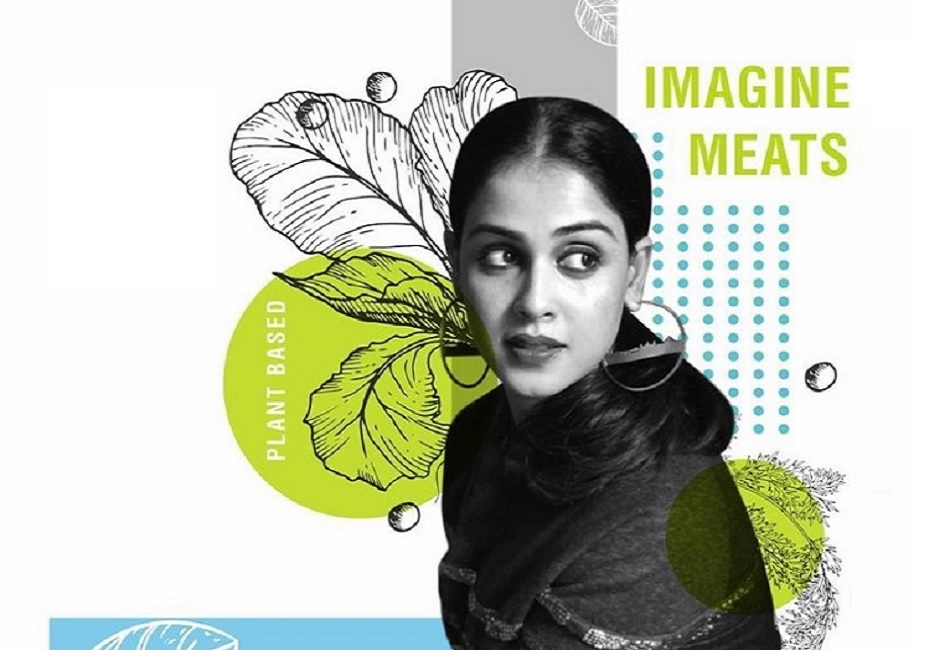
Riteish & Genelia's Plant-Based Meat Co. Seeks Feedback From Meat Eaters For R&D

- VeganFirstDaily
- 39.2 K
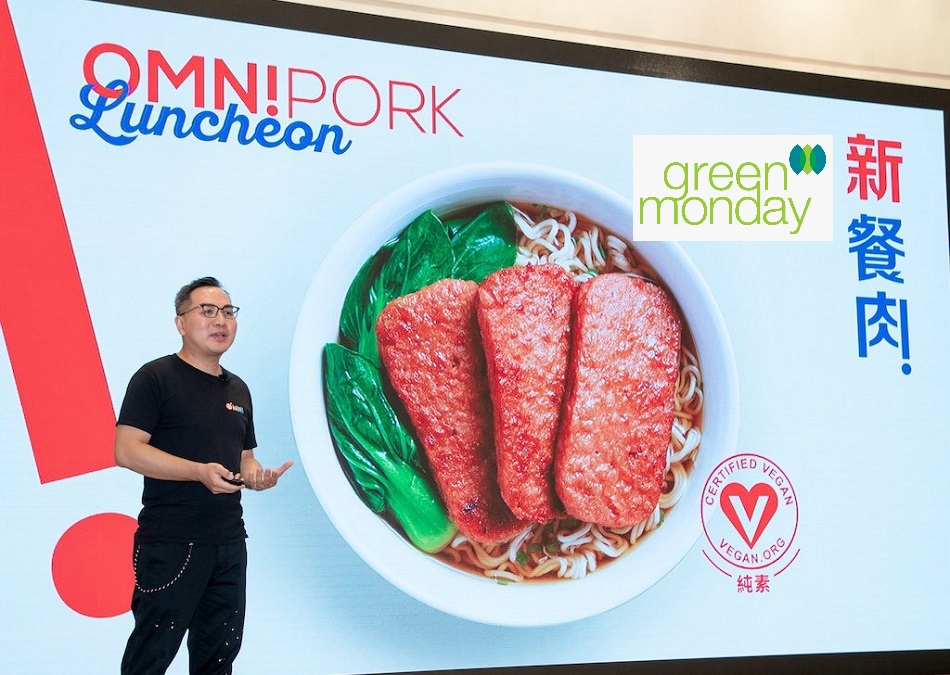
Hong Kong-Based 'Green Monday' Snags Rs 514.85 Crores In One Of Asia's Biggest Funding Rounds

- VeganFirstDaily
- 3 K
Explore
Contact Us
About Us
Stay Connected
Copyright ⓒ 2017-2023. VEGAN PASSION PRIVATE LIMITED. All Rights reserved.
For more information, please write to hello@veganfirst.com
Registered Office Address: 55, 2nd floor, lane 2, Westend Marg, Saidullajab, Near Saket Metro Station, New Delhi, Gadaipur, New Delhi South West Delhi, DL

2.png)

.png)
.png)
2.png)
2.png)


1.png)

